Recently, it was revealed that the company has been evaluating potential acquisition opportunities in the field of recycling and trying to strengthen its raw material supply chain to support this strategy. However, it is stated that this process has not been successful.
At the UK Metal Fair in Birmingham, the head of public relations at Tata Steel UK, Tim Rutter, stated that the transition to new technologies in steel production is a strategic step and that various options are being considered to secure the scrap supply chain. He added that the company is currently working on scrap sorting projects in collaboration with Swansea University and that the recycling process can be made more efficient through these collaborations.
Challenges in scrap supply and increasing competition in the market...
Tata Steel's transition to Electric Arc Furnace (EAF) is driving demand for more scrap in steel production. However, the limited supply of scrap in the UK market and intensifying market competition pose serious obstacles to this transition. Although the UK exports around 10 million tons of ferrous scrap each year, this volume may not be sufficient to meet local market needs.
Market experts predict that Tata Steel's scrap demand will reach 2.5 million tons per year by 2027. However, reduced scrap supply due to the recession in the construction sector and low consumer spending in the automotive sector pose risks to the sustainability of the supply chain. In addition, increased volatility in the markets makes scrap prices unpredictable.
Recycling investments gain strategic importance...
It is known that Tata Steel is evaluating the options of cooperating with recycling companies or acquiring a recycling company. The company's expertise in this area aligns with its goal of vertically integrating the scrap supply chain and improving quality control processes. However, the technical challenges and high capital requirements of the recycling process could make this strategy difficult to implement.
A market source notes that the classification of scrap requires significant investments and some types of scrap can have high levels of copper and chromium. This requires more sorting and quality control work in the recycling process. In addition, the current competitive conditions in the scrap market and increased competition from other steel mills could increase Tata Steel's scrap procurement costs.
Finally, estimates of the cost of Tata Steel's potential recycling investments suggest that the cost of just one shredding machine could be around £12 million. In addition, a large area of land, specialized engineering staff and maintenance work will be required for the operational processes of these machines.
Tata Steel's transition to electric arc furnaces is seen as an important step in achieving the company's sustainability goals in steel production. However, this transition requires securing the recycling and scrap supply chain. Given the market conditions and technological challenges, Tata Steel's next steps in recycling are being closely watched.


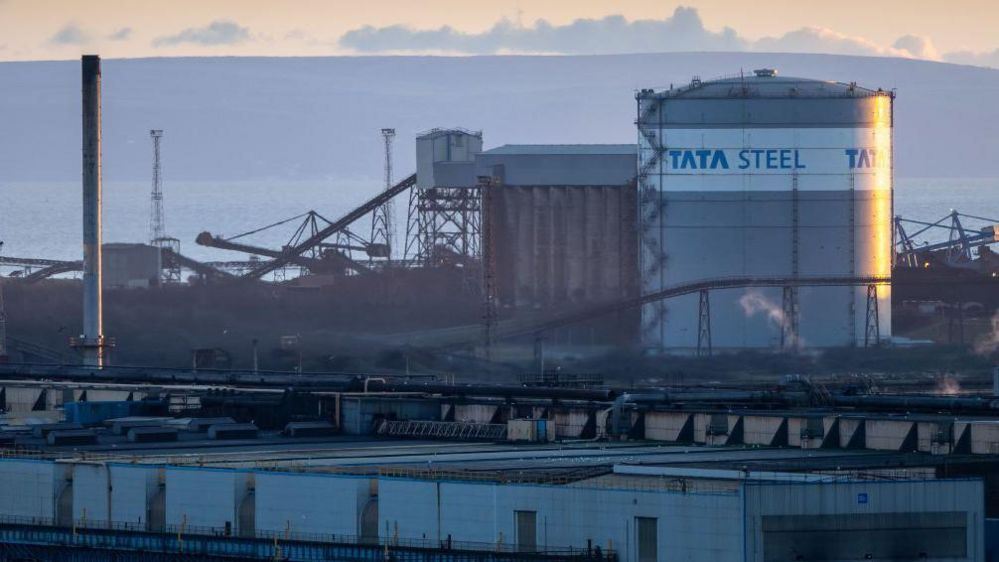

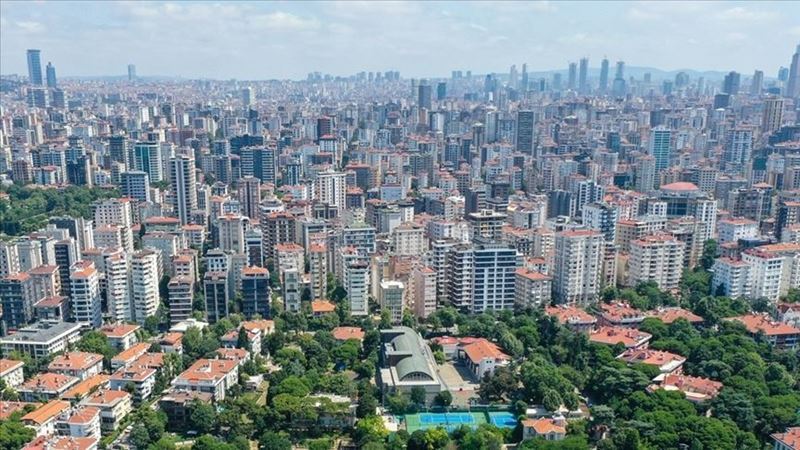
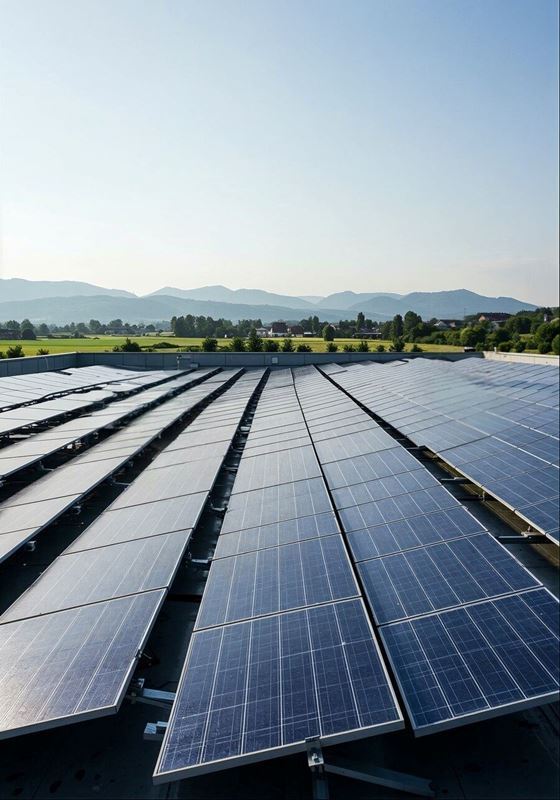
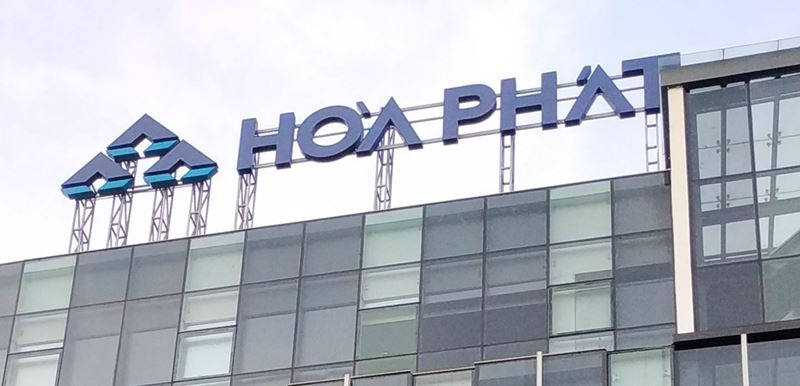

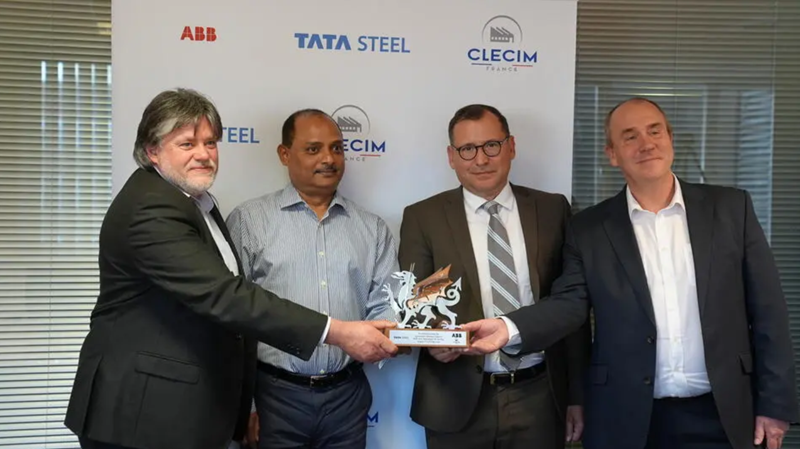


Comments
No comment yet.